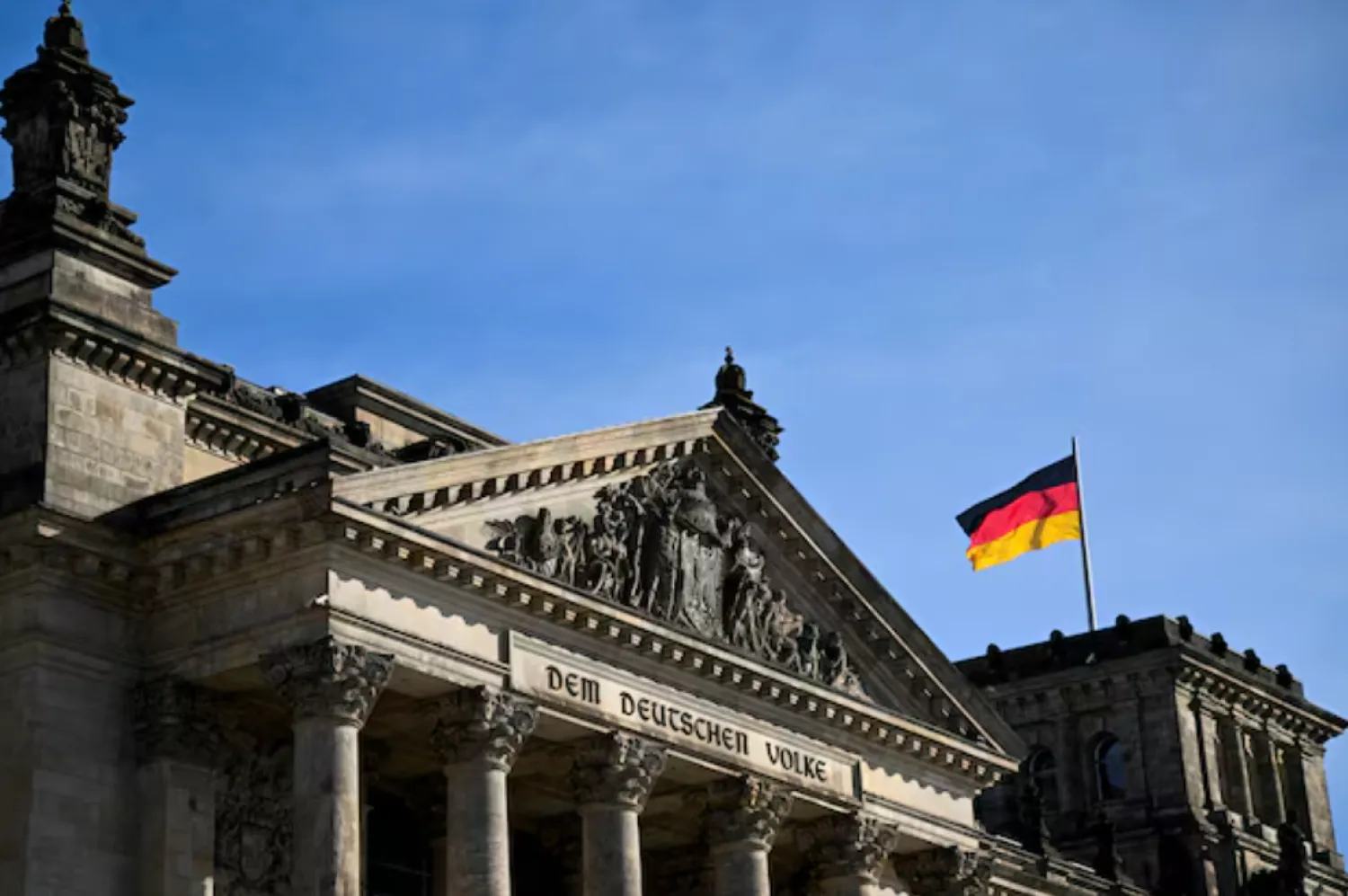Türkiye has blocked cooperation between NATO and Israel since October because of the war in Gaza and said the alliance should not engage with Israel as a partner until there is an end to the conflict, sources familiar with the process said, Reuters reported.
Israel carries the status of NATO partner and has fostered close relations with the military alliance and some of its members, notably its biggest ally the United States.
Prior to Israel's offensive in Gaza - prompted by Palestinian militant group Hamas' Oct. 7 rampage - NATO member Türkiye had been working to mend its long-strained ties with Israel.
Since then, Ankara has been fiercely critical of Israel's operation in Gaza, which it says amounts to a genocide, and has halted all bilateral trade. It has also slammed many Western allies for their support of Israel.
Speaking on condition of anonymity, the sources said Türkiye had vetoed all NATO engagement with Israel since October, including joint meetings and exercises, viewing Israel's "massacre" of Palestinians in Gaza as a violation of NATO's founding principles.
A UN inquiry in June found that both Israel and Hamas had committed war crimes in the early stages of the Gaza war. It said Israel's actions constituted crimes against humanity because of the immense civilian losses. Israel rejects this and says its operation in Gaza, which has killed nearly 40,000 people, aims to eradicate Hamas.
The sources said Türkiye would maintain this block and not allow Israel to continue or advance its interaction with NATO until there was an end to the conflict, as it believes Israel's actions in Gaza violate international law and universal human rights.
After a NATO summit in Washington in July, Turkish President Tayyip Erdogan said it was not possible for NATO to continue its partnership with the Israeli administration.
Earlier this week, Israel's foreign minister urged the alliance to expel Türkiye after Erdogan appeared to threaten to enter Israel, as it had Libya and Nagorno-Karabakh in the past.









